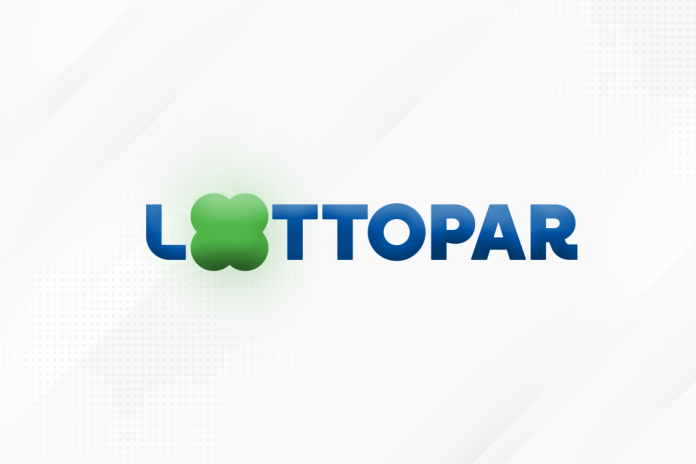The state of Paraná has made a significant step in Brazil’s growing regulated gambling industry by issuing licenses for 2,500 Video Lottery Terminals (VLTs) and charging operating permit fees of BRL 60 million. By using its state lottery board, Lottopar, the state anticipates that revenue from these licenses will go towards critical public services like public security and subsidized housing programs.
Such gaming machines are being rolled out in upscale gaming houses as well as bars and restaurants, widening the reach of state-sanctioned gambling. In the capital city of Curitiba, five state-owned units are already in operation, reflecting the consolidation of a regulated model that is seeking to draw players away from illegal options.
Rio de Janeiro Follows the Same Path
The Paraná scheme is no standalone case. A Barely days after the announcement, the state of Rio de Janeiro unveiled a decree allowing for the installation of electronic game machines in commercial establishments and bars within its borders. This is one of many such trends across Brazil, as states increasingly embrace regulated gaming plans to win transparency, control, and financial gain for society.
All transactions in Rio must be conducted strictly under Pix, Brazil’s instant payments system. The payments are monitored in real time, a step that is geared towards curbing fraud and guaranteeing traceability. Paraná, through Lottopar, has also tight control, with its licensed VLTs linked directly to a controlled platform.
Differentiating VLTs from Slot Machines
Perhaps the most immediate concern brought up with the public involves the potential similarity between legalized VLTs and illegal slot machines, popularly known as “caça-níqueis.” Lottopar has ensured that they are fundamentally dissimilar systems.
As the authority puts it, VLTs are legal, internationally recognized, and operate based on an electronic ticket database, ensuring fairness and transparency to players. In contrast, uncontrolled slot machines tend to be manipulable, offering no guarantees and, in most cases, linked to illegal networks.
This dichotomy is central to the government’s strategy of persuading gamblers to move from the black market to a legal market, reducing risks and generating tax income.
Social Safeguards and Judicial Restrictions
Despite the economic interests, social problems remain regulators’ primary concern. Lottopar has established a regime of restrictions to protect consumers and sensitive citizens of society:
- Gaming terminals cannot be installed in pharmacies.
- Machines cannot be installed within a 100-meter radius of schools.
- Admission by minors aged below 18 is strictly prohibited.
The payment system automatically bans Pix transactions by minors, as an extension of age limitations.
Lottopar also emphasizes that gambling should be viewed as a form of entertainment and not a means of income. By ensuring a safe and regulated environment, the state seeks to counterbalance problem gambling risk as well as combat financing organized crime prevalent in the illegal market.
Addressing Public Concerns
For answering questions from the media, more specifically about addiction and social consequences possibilities, Lottopar conceded that gambling has existed in Brazil since its began. Either legally with structures organized by Caixa Econômica Federal or illegally with hidden markets, it has been offered. These latter markets are more dangerous to players.
The lottery agency asserts that its approach is to redirect current demand into a regulated system, where state control and player protection exist. Opponents cite the threat of gambling normalization, but the government’s stand is one of regulation as a more secure, open option than prohibition.
Up to the time of writing, the Public Prosecutor’s Office of Paraná has not initiated any investigations into Lottopar or the licensed VLTs. The office did add, however, that should consumer protection issues be reported, it still maintains the authority to inquire and investigate any irregularities.
A Controlled Expansion of Gaming in Brazil
The Paraná model demonstrates the new face of regulated gambling in Brazil, with states testing models that help to balance fiscal returns, consumer protection, and regulation of the market. With BRL 60 million already in the bank from licensing charges alone, Paraná demonstrates that regulated gaming can be a tangible contribution to state treasuries.
As other jurisdictions, such as Rio de Janeiro, go the same way, this social risk vs. economic benefits argument is going to come to the boil. In the meantime, Paraná’s regulatory approach indicates a deliberate attempt to ensure that gaming is in the public interest, and not just for private operators, while getting players out of illegal markets and into a controlled one.
Source: iGaming Brasil
